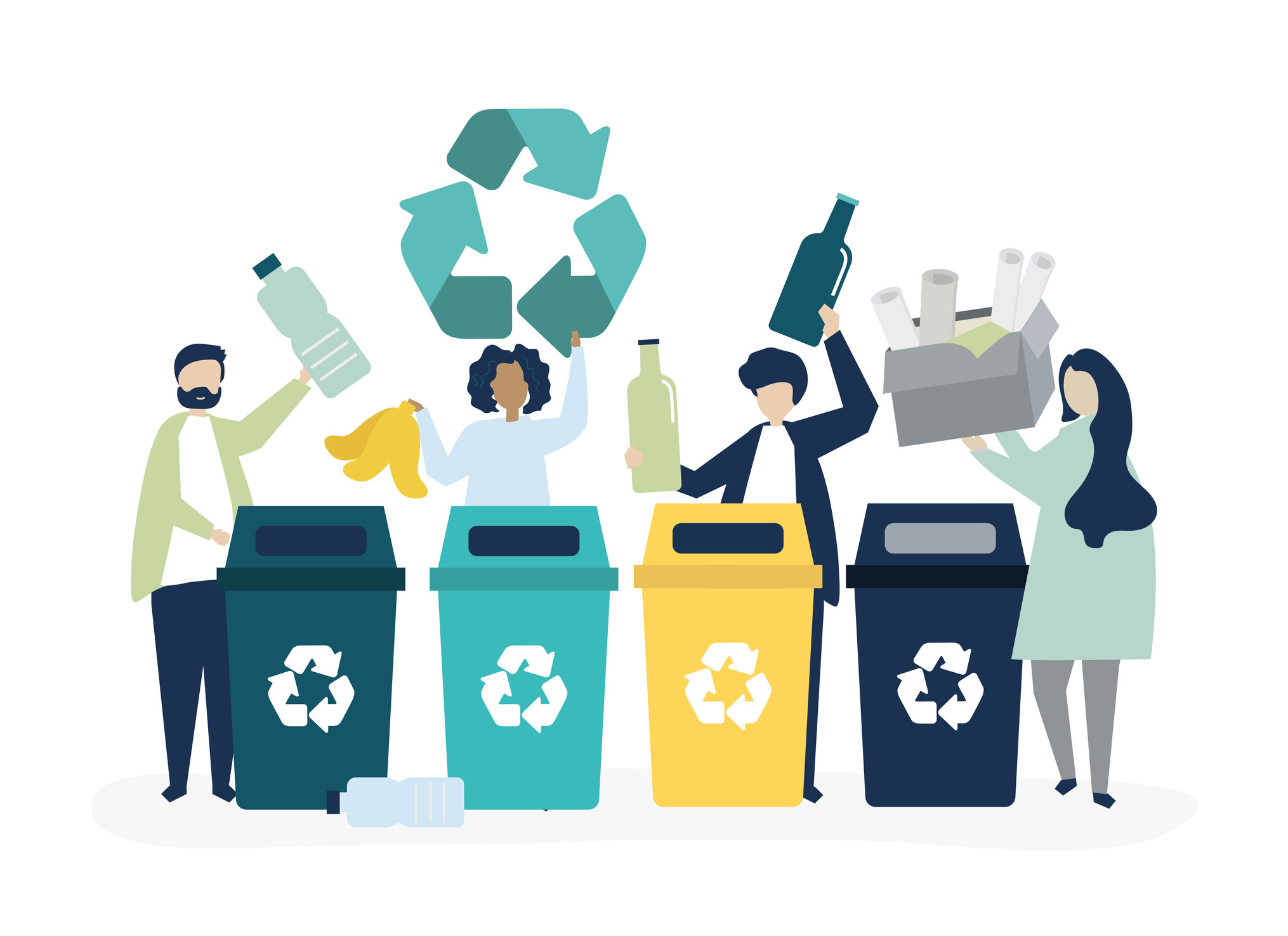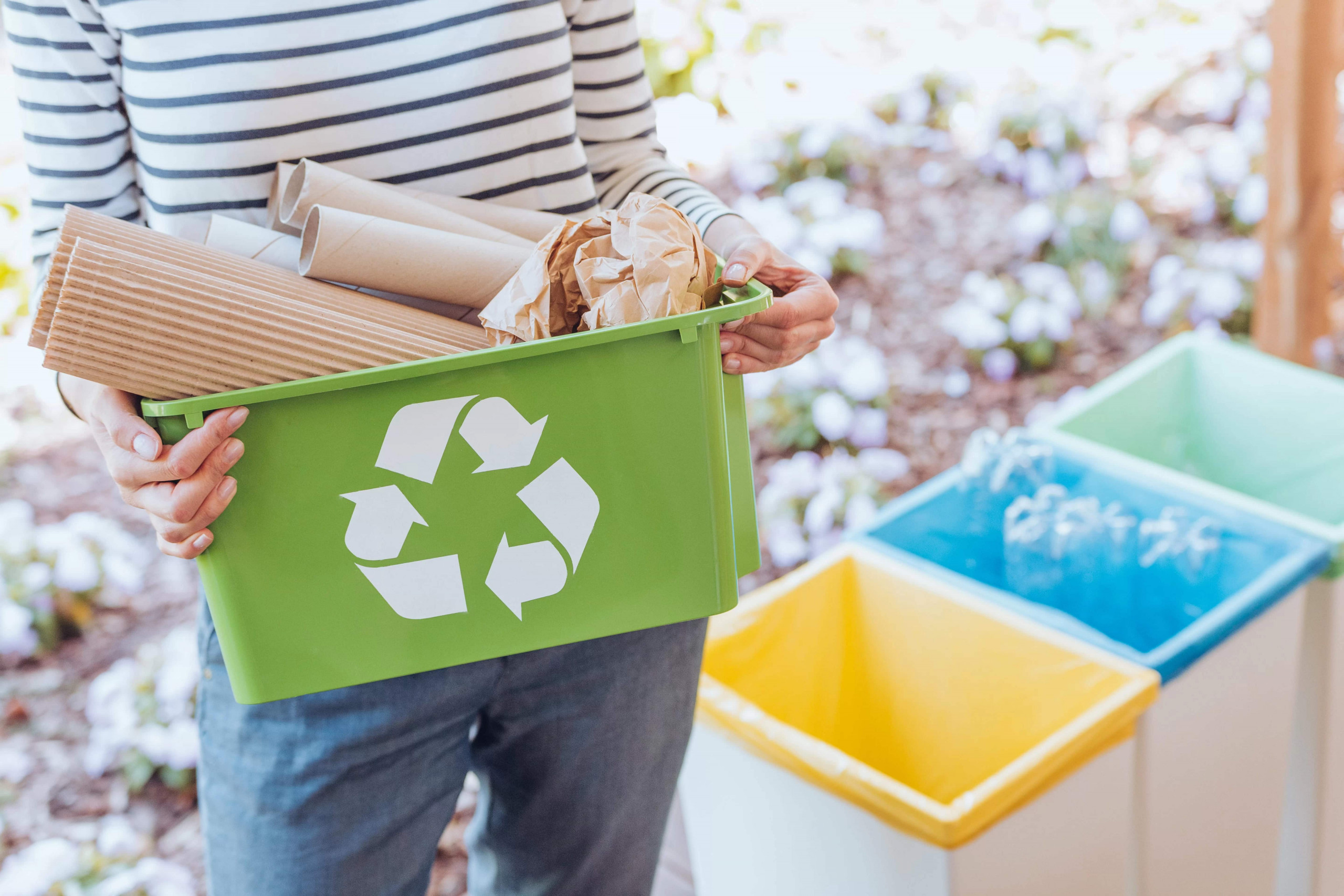We’ve already discussed the simple ways businesses can help to save the planet, including ensuring their companies’ waste is collected and recycled. Recycling is also key for homeowners, especially if the UK wants to meet EU targets.
We specialise in scrap metal recycling, so we’re aware of just how important it is to ensure you get rid of metal and plastic in the right way – from taking care of your ferrous and non-ferrous metal to collecting your factory waste, we handle everything at Morecambe Metals.
But where does the UK stand and what can we expect in 2020?
Is the UK on Track?
The UK creates around 330 million tonnes of waste every year, 3.7 million tonnes of which is estimated to be plastic. Each year, 22 million tonnes of waste are sent to landfill and not recycled. With figures such as these, it’s clear just how important it is to meet EU recycling targets. One of the goals refers to household rubbish: according to the EU Waste Directive set in 2008, the UK should be recycling 50% of household waste by 2020.
However, the country is not on track to meet this EU recycling target. From 2016 to 2017, the recycling rate for household waste increased only from 45.2% to 45.7% – this suggests that it will take a few more years before this 2020 goal can be achieved.
Consumer Confusion on What Can Be Recycled
Most consumers are doing their best to reduce waste in their homes, including recycling plastic. However, there is some confusion about what can and can’t be recycled – in fact, a YouGov survey found that only 18% of adults felt well-informed about recycling, while 34% believe there’s a need for clearer labelling on products and packaging.
Councils play a very important role in this. Recycling is not standardised across the country, with just one in five council providing a complete recycling service; only 74 of 345 local authorities in England collect dry recyclable materials like plastic pots. In addition, one in ten local authorities don’t recycle glass, and two of them collect no plastic packaging whatsoever.
Plastic can also be collected in different ways, as some authorities will have it all in one bin, while others will ask households to separate plastics from everything else.
With so many different schemes, knowing what can be recycled, therefore, is still a challenge.
Turning Waste Into Energy
The future of recycling also includes repurposing waste. The global market for transforming rubbish into energy expected to reach $37.64 billion by 2020, which showcases that companies are able to turn a profit by getting rid of their waste.
One example is Danish company Novozymes, which launched an enzyme-based solution that turns used cooking oil into biodiesel.
More Retailer Responsibility
While it’s important for households and business owners to recycle and invest in greener practices, the responsibility of creating a more sustainable planet shouldn’t just fall on them. Retailers that sell packaging that can’t be recycled also need to transform the way they do business and look for greener alternatives.
In 2018, China implemented a ban on importing plastic waste, which meant the UK had to stop shipping its recycling to the country – previously, we sent 500,000 tonnes of plastic to China on a yearly basis, so it’s crucial to now reduce this figure. By reducing the amount of packaging needed for their products or to introduce recyclable packaging, manufacturers and retailers can help in this.
It’s important that the government also implements schemes for deposit returns, or other similar initiatives, in order to cut down plastic waste. In the UK, only 57% of all plastic bottles are collected for recycling, but this number could increase with the introduction of a return scheme.
While the UK is not on track to meet EU waste goals, we can still expect to see a continued effort to introduce greener solutions in 2020. This can vary from being clearer on what can and can’t be recycled to turning waste into energy.
At Morecambe Metals, we firmly believe in sustainability and in protecting our environment so, among our many services, we also provide a ‘Scrap My Car’ service where we recycle your end-of-life vehicle. Get in touch to know more.



